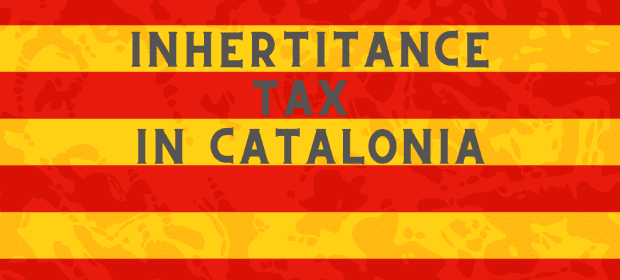During the current lockdown in France, I have seen a noticeable increase in the number of my clients wishing to review the beneficiaries of their investments. This could have been prompted by the daily depressing news of covid-19 deaths around the world, or it could simply be because of the extra time available to get their financial plans in order – working through the ‘to do’ lists.
Whatever the driver behind these reviews, it is a responsible part of financial planning to think about how and to whom you wish your investments to be distributed after your passing.
Inheritance planning is a key feature of the well documented ‘assurance vie’ in France – a simple and efficient investment vehicle available to French tax residents. In the next article I will remind you of the assurance vie benefits.
For the moment, I will focus on the title of this ezine. As a Financial Advisor, I am clearly not in a position to advise you on health matters. But as it happens, during this covid-19 confinement period, my own personal health has come under review! With the extra time I now have as I am not travelling to see my clients face to face, I have been able to spend 20 mins every morning exercising via an online personal coach. I will to continue this when normal life resumes.
I am, of course, able to help you with your wealth matters; and it does matter. Perhaps during this time of global lockdown, we can all reflect on our financial plans. Should I change my spending habits? Could I afford to retire earlier than planned? How can I stay financially motivated given the financial and economic forecasts? We can all lose focus from time to time, but it’s a financial adviser’s role to help you keep focused and to bring your financial plans back on track.
Please use your spare time constructively – why not contact me for a review, either over the telephone or via a video call. We will discuss many different areas such as life insurance, pensions, savings and investments, inheritance and wills, mortgages and education fees. We do not charge you a fee for our discussions, our follow up work, our regular reviews or our reports and you are under no obligation to follow our advice. Simply put, if you agree with my recommendations and I then arrange for you for example, an assurance vie or a pension, we are then remunerated by the companies we recommended.
When the daily news is worrying, it is understandable to get absorbed about the here and now impact. We are, after all, thinking about things like the latest restrictions, food shopping and how to keep the family occupied. However, when it comes to your financial plans, it is really important to stay focused on your key objectives.
I believe that if you have your health, an abundance of family and friends, a plan for your wealth then happiness will naturally follow.
To discuss further, please contact me on 06 62 50 70 21 or email Victoria.lewis@spectrum-ifa.com










